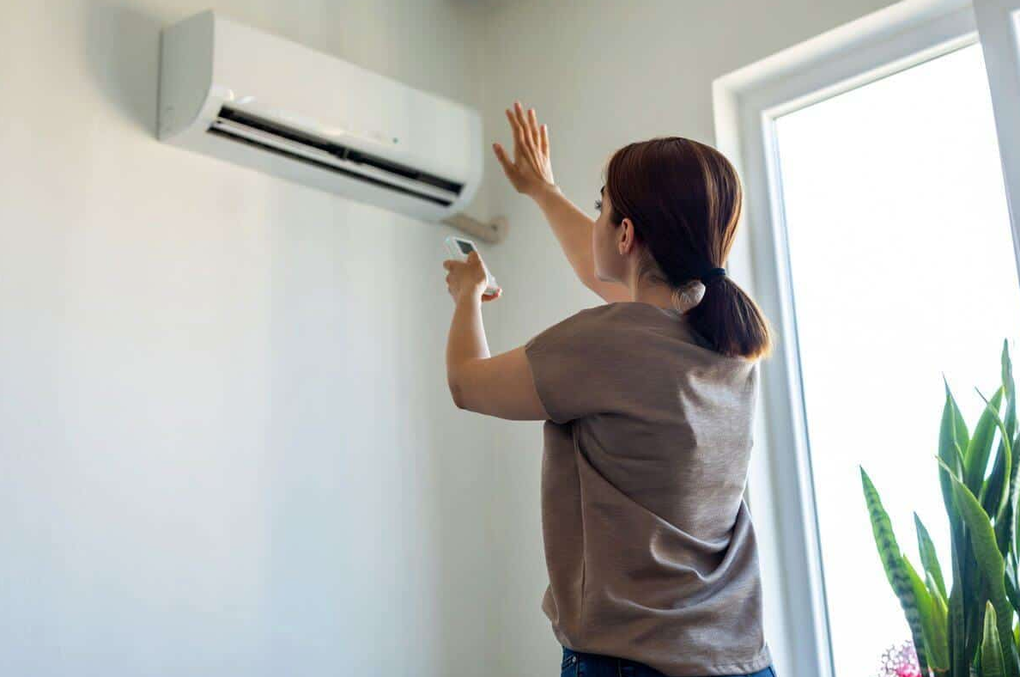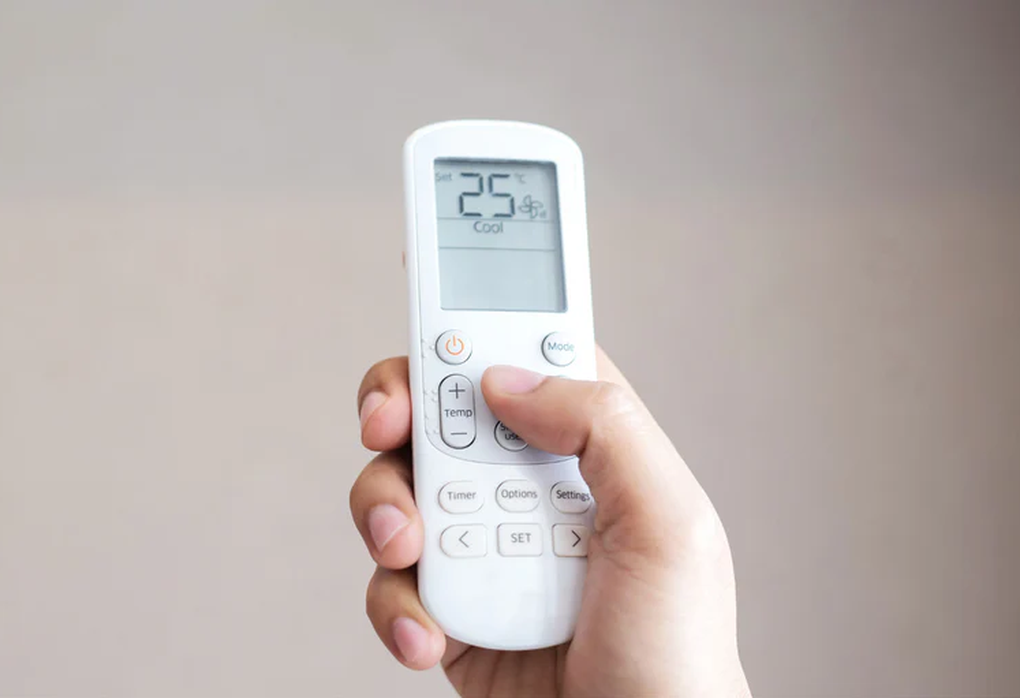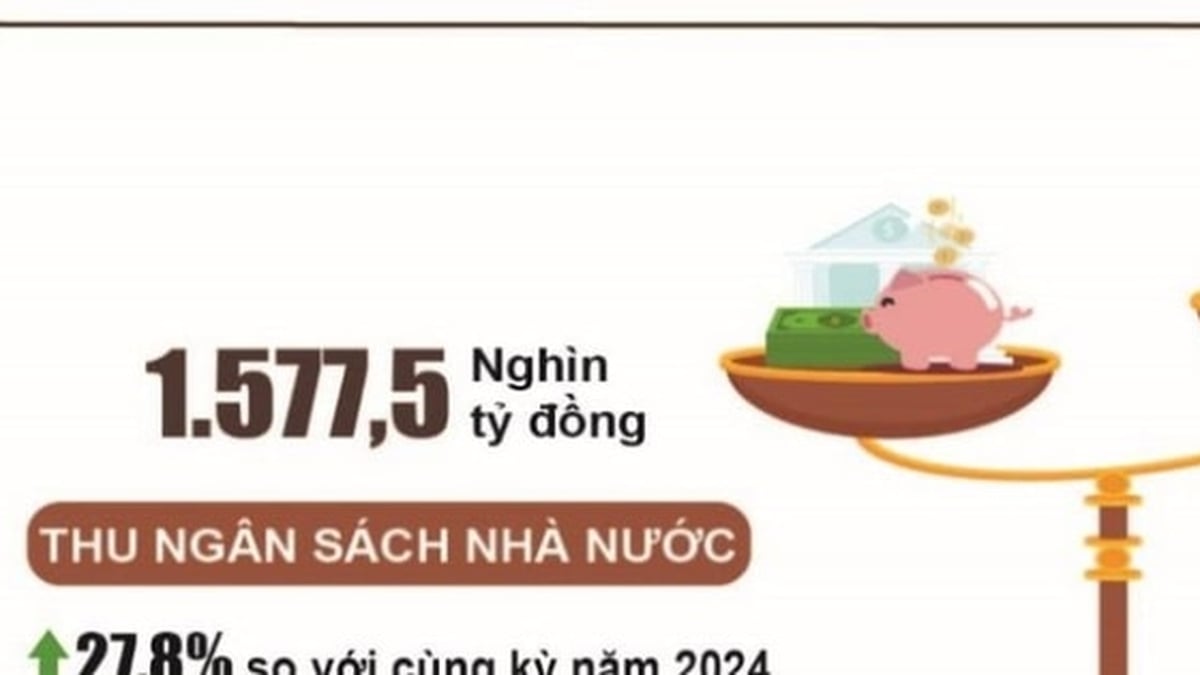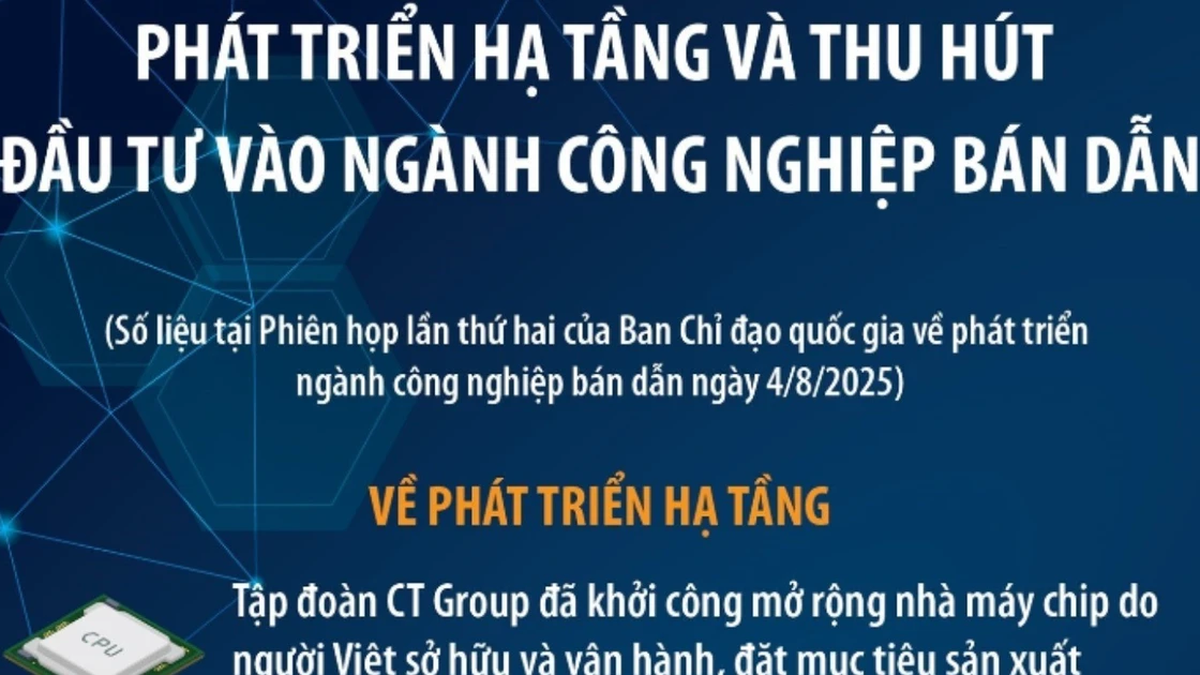Air conditioning habits: More harm than good?

Many people believe that closing the doors when turning on the air conditioner helps cool quickly and save electricity (Illustration photo).
The habit of closing the door when turning on the air conditioner has become a reflex of many Vietnamese families, passed down from generation to generation with the belief that this is an effective way to keep the air cool and save electricity.
However, experts warn that maintaining a closed space for a long time can be harmful to health and affect the life of the device.
Ms. Vu Thi Minh ( Hanoi ) shared that since she was little, her mother told her to close the door tightly when turning on the air conditioner to avoid wasting electricity. Until now, she still keeps this habit and reminds her children.
Similarly, Ms. Nguyen Thi Hao ( Nam Dinh ) also said that her family always adheres to the "principle" of closing the room doors when using air conditioning, especially at night.
However, as the summer drags on with high temperatures, many people begin to feel tired, have difficulty breathing, and have trouble sleeping even in air-conditioned rooms. This raises questions about the effectiveness and safety of this seemingly harmless habit.
Expert explains: Why shouldn't you keep the door closed for too long?

Closing the door when turning on the air conditioner can save electricity but potentially pose a health risk (Photo: Getty).
According to Professor Nguyen Duc Loi, Vietnam Association of Refrigeration and Air Conditioning Science and Technology, closing the room when turning on the air conditioner is necessary to avoid heat loss.
However, he emphasized that it is unreasonable to keep the windows closed for many hours at a time without a solution to bring in fresh air, especially for rooms without regular ventilation.
Prof. Dr. Loi explained that each person needs an average of 20m³ of fresh air per hour to ensure health and avoid CO₂ accumulation. In office buildings, shopping malls or hospitals, air conditioning systems are often combined with fresh air supply systems from the outside, helping to ensure air exchange even when the doors are closed.
In contrast, in normal residential conditions, the air in an air-conditioned room is often "reused" continuously, leading to the accumulation of exhaust fumes, high humidity and a feeling of heaviness after a period of use. This is not only uncomfortable but also poses a potential respiratory risk, especially for young children and the elderly.
To overcome this situation, Prof. Dr. Loi recommends stopping the air conditioner after every 3-4 hours of continuous use to open the ventilation door, or open the window, combine with wall fans, exhaust fans to push out old air and bring new air in. This not only helps people in the room feel more comfortable but also helps the air conditioner operate more stably.
Need to be moderate when using air conditioning
Prof. Dr. Nguyen Duc Loi also recommends not to turn on the air conditioner 24/7, especially the non-inverter mechanical type. When the weather is extremely hot, the machine can be overloaded and stop working as a self-protection mechanism.
For inverters, even though they can operate continuously, the compressor speed decreases and the cooling capacity also decreases, not ensuring the set temperature, wasting electricity and increasing the risk of damage.
Therefore, the smart way is to turn on the air conditioner in 3-4 hour cycles, then temporarily turn it off to ventilate the room, reduce heat load and ensure the humidity in the room is not too low.
In addition, the use of air conditioning also has negative impacts on the environment. Air conditioning consumes dozens of times more energy than electric fans and uses chemicals such as chlorofluorocarbons (CFCs), hydrofluorocarbons (HFCs) and hydrochlorofluorocarbons (HCFCs).
While CFCs can deplete the ozone layer, HFCs and HCFCs are greenhouse gases tens of thousands of times more potent than CO2, contributing to the worsening of climate change.
Source: https://dantri.com.vn/khoa-hoc/co-nen-dong-kin-phong-bat-dieu-hoa-de-tiet-kiem-dien-20250805115842670.htm































![[Photo] Nghe An: Provincial Road 543D seriously eroded due to floods](https://vphoto.vietnam.vn/thumb/1200x675/vietnam/resource/IMAGE/2025/8/5/5759d3837c26428799f6d929fa274493)



































































Comment (0)